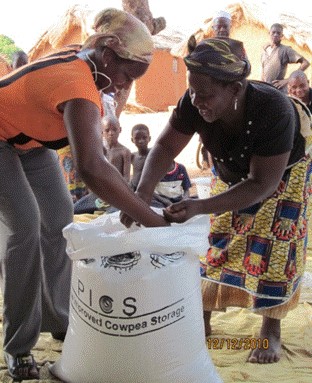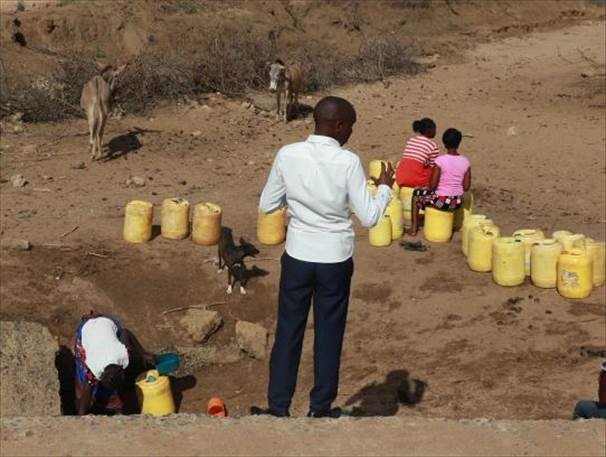Shah Lab Announces 2023 Seed Grant Recipients
The Shah Family Innovation Lab is pleased to announce its seed grant recipients for 2023.
With the cost-share support from the College of Agriculture, the Department of Pharmacy Practice, and the College of Pharmacy, Shah Lab is able to provide $120,000 in funding to support the three projects below.
The Shah Family Global Innovation Lab, through the Shah Family Endowment, was established in November 2018. Since joining forces with the Innovation for International Development (I2D) Lab, $650,000 has been granted to over 50 projects working on problems within the United Nations Sustainable Development Goals. The projects are co-developed by Purdue researchers and their NGO partners based on the problem statement sourced from the NGO partner's implementation needs.
To view a list of the projects, please visit this page.
Congratulations to all the recipients and their teams!
2023 Shah Lab Seed Grant Awards
Title: Improving household income and food security for women smallholder farmers through increased access to and adoption of hermetic storage technologies
Purdue Team: Dieudonne Baributsa, PI, Associate Professor, College of Agriculture, Purdue University
Partner: Douglas Mwasi, Director - Agriculture and Livelihoods, Catholic Relief Services
Country: Zambia
Grant Amount: $40,000 (Cost-shared with the College of Agriculture, $20,000)
Project Abstract: Post-harvest losses due to pest infestations and limited access to appropriate storage technologies pose a serious challenge to smallholder farmers in Zambia, resulting in food insecurity and loss of income.
The project team's goal is to disseminate PICS (Purdue Improved Crop Storage), a hermetic storage technology, to enable smallholder farmers (particularly women) in three districts in Eastern Zambia to store grain and seed more effectively without the use of insecticides, thereby resulting in greater food security and increased incom

Title: Scaling up Community Health Worker Programs to Respond to the Broader Needs of Low-Income Female Laborers in India
Purdue Team: Faria Chaudhry, PI, Assistant Clinical Professor, College of Pharmacy, Purdue University; Steven Steinhubl, Co-PI, Professor of Biomedical Engineering, College of Agriculture, Purdue University
Partner: Self Employed Women's Association (SEWA); Sonak Pastakia, Professor, College of Agriculture, Purdue University: Sahil Hebbar, Consultant, SEWA; Rehanaben Riyawala, Secretary, SEWA
Country: India
Grant Amount: $40,000 (Cost-shared with the College of Pharmacy, $10,000 and the Department of Pharmacy Practice, $10,000)
Project Abstract: Female labor workers in India often have limited access to healthcare which can result in worsened diabetes outcomes. Furthermore, the complex healthcare system in India often magnifies the loss of care in the community. SEWA has uniquely solved this problem by incorporating community health workers (CHWs) to help manage care.
The project team aims to strengthen the incorporation of community health workers (CHWs) and provide detailed tracking and evaluation of the process and clinical outcomes for community members participating in SEWA's non-communicable disease (NCD) activities.

Title: Enhancing Climate-Smart Agriculture Solutions for Small-Holder Farming in Makueni County, Kenya
Purdue Team: Xiulin Ruan, PI, Professor of Mechanical Engineering, Purdue University; Justin Weibel, Co-PI, Associate Professor of Mechanical Engineering, Purdue University
Partner: Innocent Ngare, Ezekiel Ndunda, Everlyn Wemali, Aqua and Agriculture Initiative (Aqua A.I.)
Country: Makueni County, Kenya
Grant Amount: $40,000
Project Abstract: Climate change in Kenya's arid and semi-arid (ASAL) regions are lowering agricultural productivity and threatening food security, water access, and livelihoods.
The project team will build climate resilience through climate-smart agriculture (CSA) practices. They will increase the adoption of CSA practices by training small-holder farmers and enhancing water harvesting, storage, and management through dew plate technology based on radiative cooling paints.

